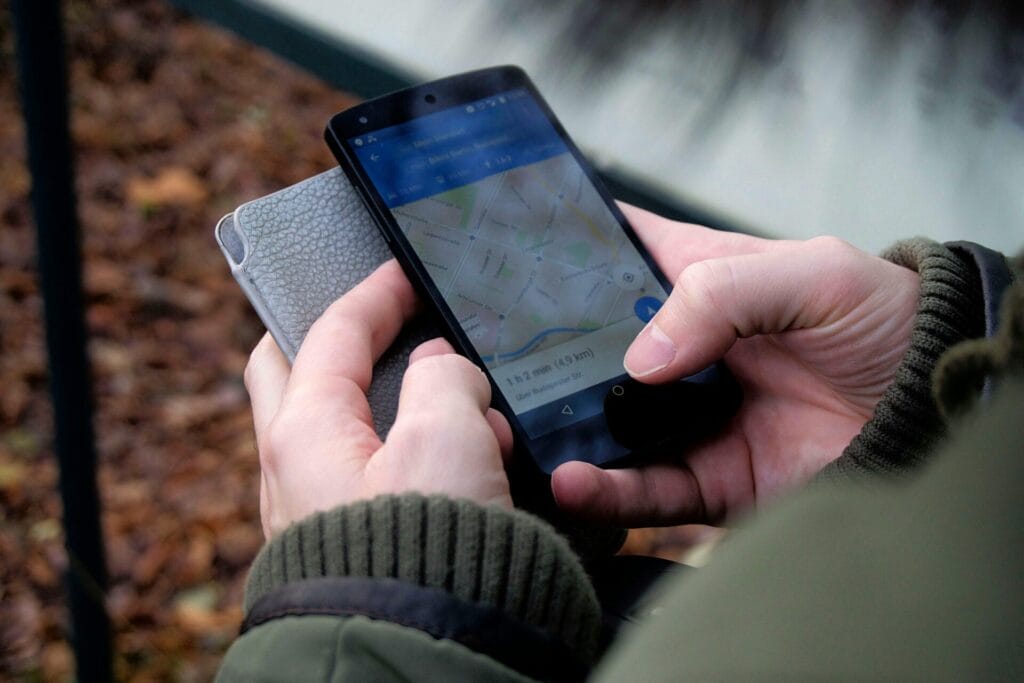
According to most advice articles, the student experience seems to make or break your time at university. More specifically, you should be making the most of what university gives you by joining extracurriculars, applying for internships and engaging with the local community. But what if you decide to commute to university? Does living at home affect the student experience? This article will explain some insights I learnt experiencing student life whilst living at home.
Map out your journey

The biggest factors affecting the student experience is the journey from your home to the university campus. I’ll take my day-to-day commute as an example. If we don’t consider external factors – wait times, strikes, delays – my commute is on average an hour. If you are deciding to live at home, consider your situation. Do you have the means to travel by car? Do you need to consider a route by bus, tram or train? Unless you’re lucky enough to be in walking distance, I’d recommend researching the costs of travelling – Fresher’s Week isn’t all freebies, they can offer great discounts on local transport for students!
Commuting is unpredictable
Once you’ve considered the journey, you may need to consider any incidents that could occur. For example, if you take public transport, traffic incidents will happen at least once a month. You’re sure to expect many issues with this. This includes being late to class or figuring out another way home when you’re stranded in an unfamiliar place. My personal favourite experience is when you’re in the middle of your journey when the lecturer cancels a class half an hour before. The best way to combat this is by ensuring you have multiple routes as backups. It is always better safe than sorry!
These sudden events can break your routine as well. Let’s say a society event ends at 9 at night, with a trip to the student bar after. You might get caught up trying to get home when an incident occurs on the way back (and yes, it is frustrating). This goes for morning routines as well. Everyone hates having a 9am class, but you might hate it even more if you have to get out of the house at 6am because of road works!
Commuting develops independence

I’ll let you read it again: commuting helps independence. There will be an aspect of restriction due to living with family and commuting time. However, on the other hand, commuting is a common activity for those in the workforce. According to UK Government statistics in 2023, it takes an average person 29 minutes to commute to work. Further data was analysed showing 66% commute by car and 10% commute by public transport. Sure, you miss out on leaving your room later than you could be, but you’re setting yourself up for a routine where you may have to travel further for work.
The student experience is up to you
You may read some of the ways that commuting affects your student experience, but no matter how you look at it, your student experience is still defined by you. In reality, it doesn’t matter whether you stay at home or not when studying at university. Through personal experiences, I found that the more I engaged with student life, the more I received back. Although I travelled to and from campus, I was still able to partake in many activities and make friends with peers from my course and outside of it.
As I have previously mentioned when talking about the benefits of living at home, the advantage you have living at home is that you can treat university as sixth form in some aspects. Yes, do attend lectures and seminars. With that said, don’t pressure yourself into joining that one society that you thought wasn’t your thing. Taking a step back from aspects of student life can help you look after your mental health and develop the ability to make boundaries.


